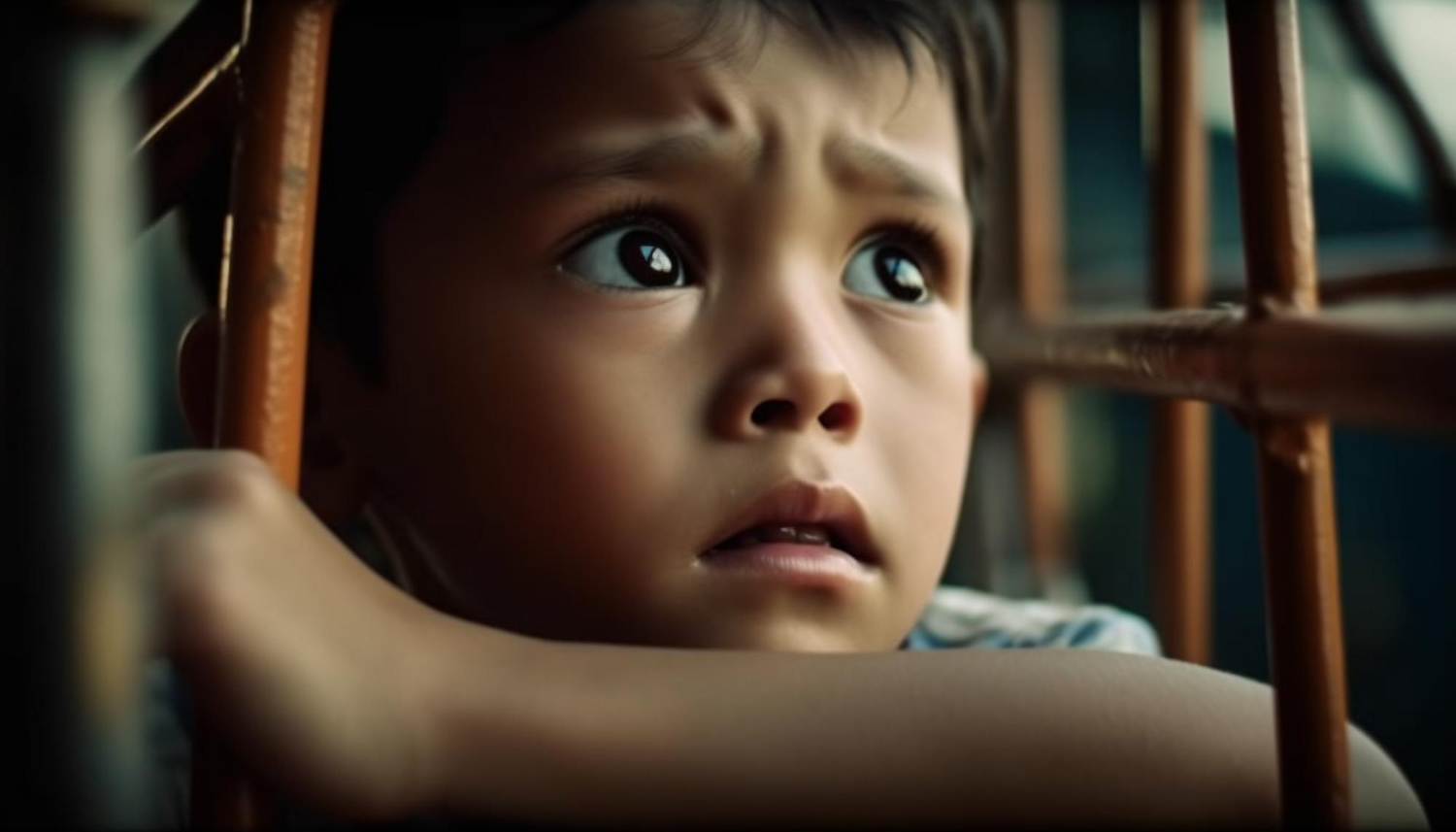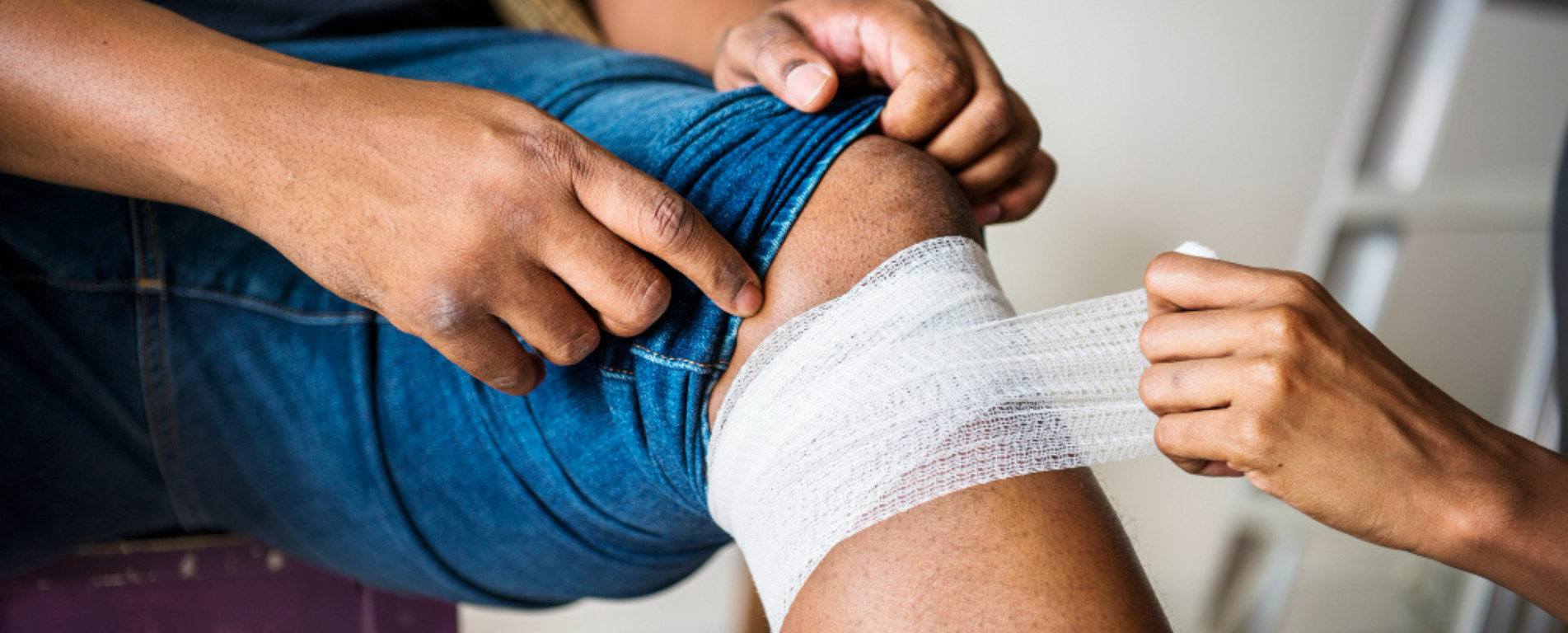Juvenile criminals differ from adults. The laws in Pennsylvania and other parts of the USA provide ample opportunities for Juvenile offenders to restore their lives to normalcy and become law-abiding citizens in the future.
Carceral measures do not always serve the purpose of restoring things, especially juveniles whose consciences are not yet properly formed.
The Justice system of Pennsylvania serves as the common good of not only victims but also juvenile offenders. Furthermore, the justice system serves the community’s welfare and helps out the families involved.
The system is dedicated to bringing about positive change that will help juvenile offenders become good citizens of Pennsylvania.
This Legal Guides article seeks to provide readers with a clear explanation of the due process the justice system follows when dealing with a juvenile delinquency act.
Understanding The Elements Of The Juvenile Justice System In Pennsylvania
The Juvenile Justice System of Pennsylvania encompasses several components. We will have to go through each of them to understand their purpose and their contributions to the entire system that addresses juvenile delinquency.
1. What Does Community Protection Mean In Pennsylvania’s Juvenile Justice System?
“Community protection” refers to the right of all the citizens in Pennsylvania to be safe from crime. Thus, the Juvenile Justice system of Pennsylvania seeks to protect communities from juvenile criminal behavior.
Though the system differs significantly from the criminal justice system for adults, it seeks to rehabilitate juveniles and turn them into law-abiding citizens.
2. What Is Victim Restoration After Juvenile Delinquency?
A Juvenile who commits a crime against a victim harms the victim and the community. Thus, the legal system considers the obligation to restore things while providing compensation to the greatest extent possible.
However, in several cases, the loss caused by juvenile delinquency can cause massive damage. Thus, full restoration may not be possible in such cases.
3. Youth Redemption in The Justice System
The concept of youth redemption promotes the rehabilitation of juvenile offenders into law-abiding citizens after an act of juvenile delinquency. The system considers the youth to have the strength to make changes.
The probationary measures shape their conscience, making them productive and contributing to the development of their community.
What Is An Informal Adjustment? How Can Consent Decrees In Delinquency Cases Be Helpful?
An informal adjustment acts as a non-judicial process. The process allows the Juveniles to skip the exhausting court proceedings. However, the authorities should determine whether the juvenile is eligible for the process based on the severity of the act.
The juvenile probation officer should adjust the charges under certain circumstances before the case is filed against the juvenile.
The juvenile officer then puts the juvenile under informal probation supervision. Thus, legal terminology refers to this process as an informal adjustment. The procedure of informal adjustment is done through consent decrees in delinquency cases.
1. How Is The Informal Adjustment Beneficial In The Case Of Juvenile Delinquency?
An informal adjustment saves the juvenile from lengthy court proceedings and the uncertainties of a case. Informal adjustment often directs juveniles to participate in various services, such as therapy and community service.
These conditions seek to make the juvenile more productive, law-abiding, and more responsible in the future. Generally, the officer imposes an informal adjustment for up to 6 months.
The process of informal adjustment generally leads to dismissal of the case. The authorities can even expunge the Juvenile records.
2. What Is The Role Of The Consent Decree In Informal Adjustment?
Legal terminology refers to a court order placing a juvenile under the supervision of juvenile probation as a consent decree.
A consent decree in a delinquency case can play a major role in enforcing informal adjustment. The attorney for the Commonwealth of Pennsylvania and the attorney for the juvenile should agree to request the court to suspend the proceedings.
This appeal to the court involves putting the juvenile under supervision in his or her home. However, the courts often enforce specific terms and conditions during the case.
The consent decree allows the Juvenile to rehabilitate and restore his or her life while staying with his or her family under relevant supervision by the authorities.
How Is The Juvenile Justice System Different From The Adult Criminal Justice System?
- The Juvenile Justice System deals with offences committed by youth aged 10 to 18 years. Moreover, the system allows authorities to supervise youth until the age of 21.
- A judge or a hearing officer presides over most of the hearings. Thus, the hearings do not remain open to the public. The authorities maintain the offender’s identity confidentiality.
- The juvenile justice system primarily focuses on rehabilitation, treatment, and supervision of the person who committed an act of juvenile delinquency.
- Serving justice for juvenile delinquency does not involve a jury trial in Juvenile Court.
- The court considers the offence to be juvenile delinquency rather than a criminal offence. Thus, the system uses the term delinquent and is not guilty.
- The juvenile justice system uses terminology that is completely different from that of the criminal justice system.
Your Legal Guide To Dealing With Juvenile Delinquency
Juvenile Delinquency is different from criminal offences committed by adults. Often, youth make mistakes that can harm society. However, the conscience of the youth does not get properly shaped, thus this provides ample chances for them to restore their life and become a law-abiding citizen.
The juvenile Justice System of Pennsylvania provides multiple options for a Juvenile to become more responsible after an act of Juvenile Delinquency. The parents and family should seek legal help when their ward engages in Juvenile Delinquency.
Frequently Asked Questions About Juvenile Delinquency:
Here are the answers to some of the most asked questions about Juvenile Delinquency.
There are four types of juvenile delinquency. These things include group-supported, organized, individual, and situational delinquency.
There are multiple examples of Juvenile delinquency. The examples include charges such as vandalism. Moreover, this also includes other major crimes like robbery and murder.
Juvenile offenders must undergo therapy, community services, and supervision. Thus, these activities can help restore the offender’s life and make him or her a law-abiding citizen.
















